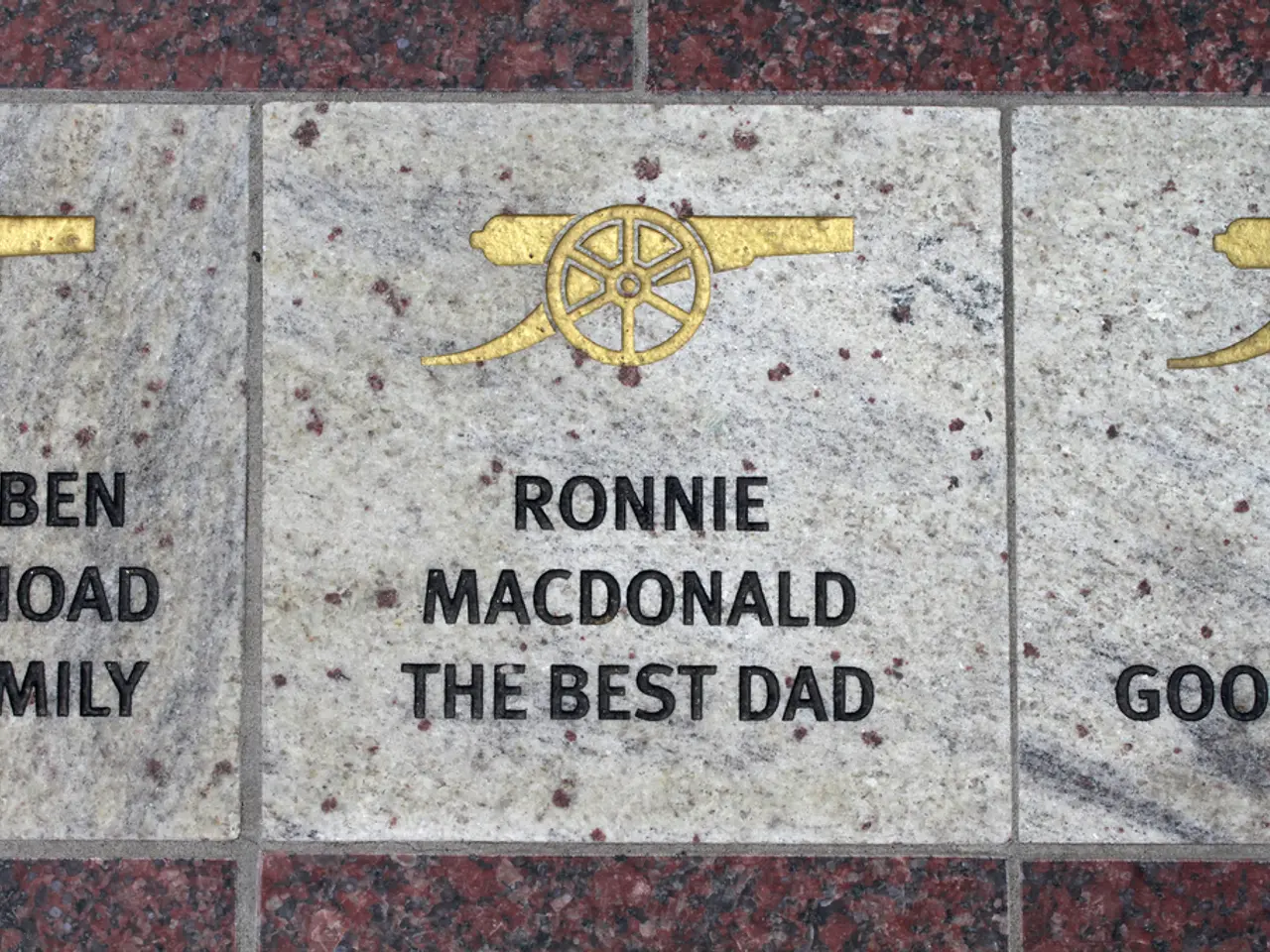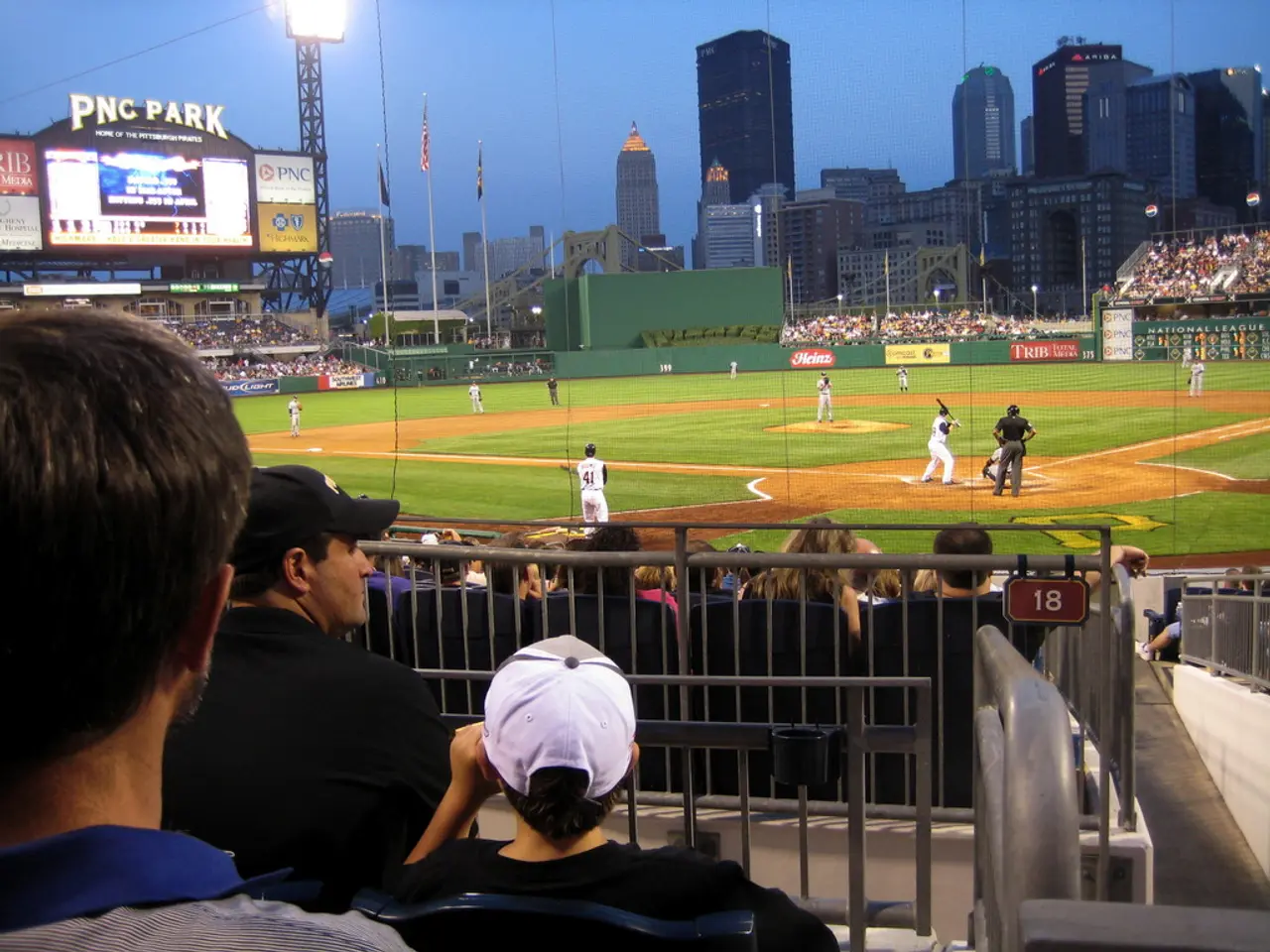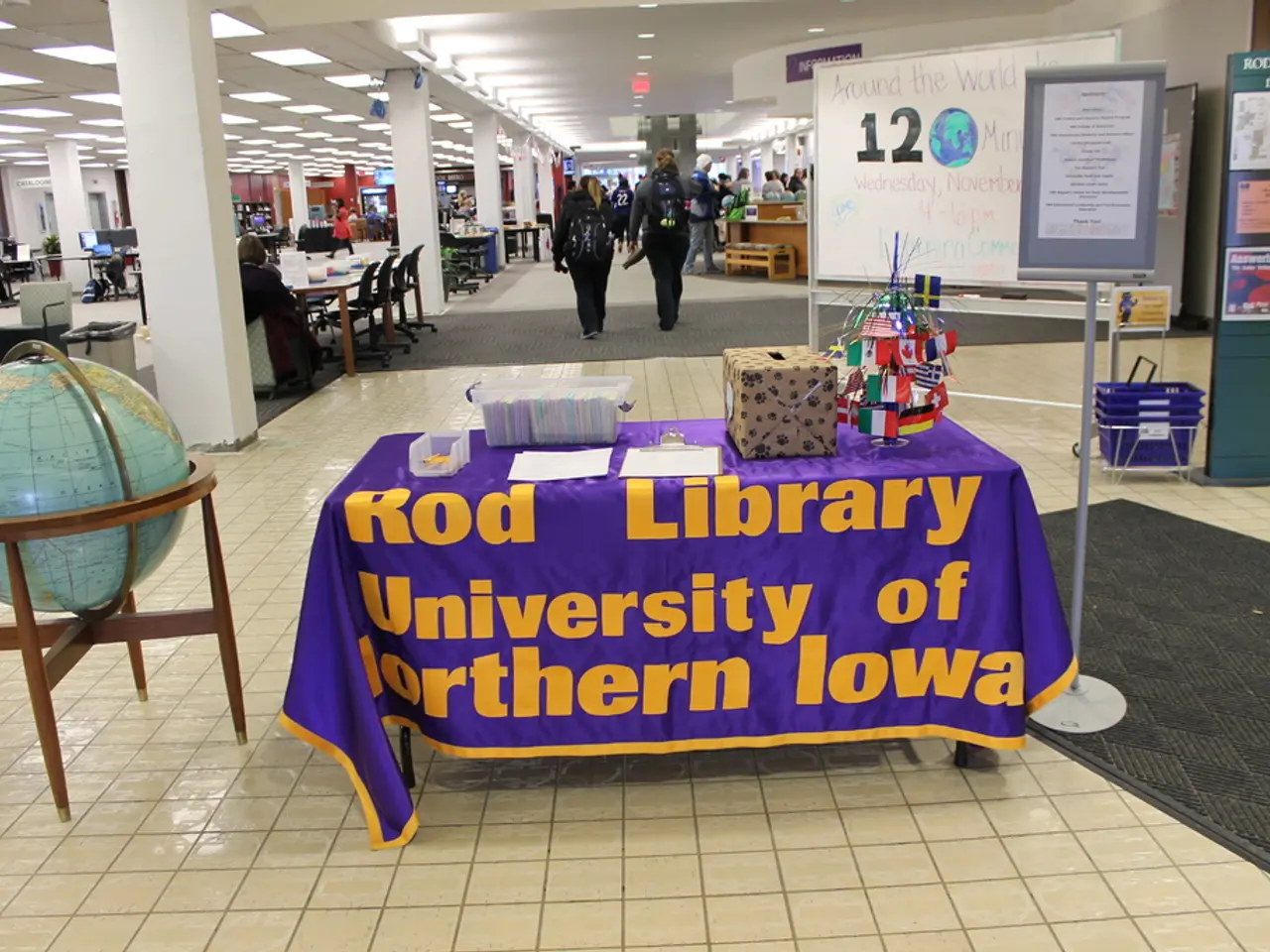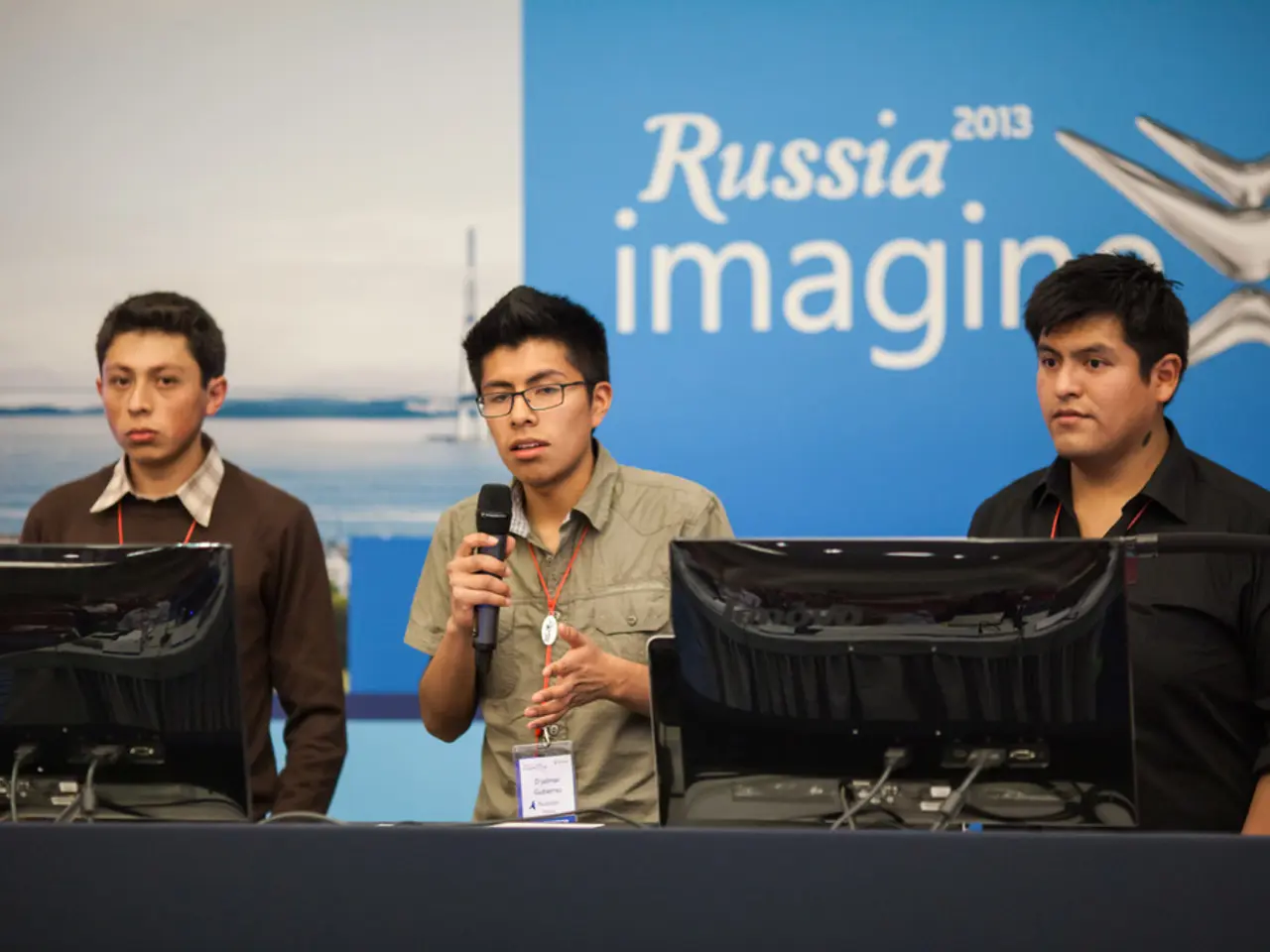Long-Awaited Chance Finally here
Article Title: South America Turns Tables at Club World Cup: A Tale of Rivals and Relentless Resilience
Facebook Twitter LinkedIn E-Mail Print Copy Link Botafogo from Brazil deals a shocking blow to the titans of Paris Saint-Germain, marking yet another exclamation point for South American teams in the Club World Cup. This might also be a nod to a different mindset towards this tournament, fueled by a long-standing rivalry with Europe.
A high ball floats aimlessly near the midfield line, only to escape the initial reach of Brazilian Artur. It is the moment before Botafogo's winning goal, symbolizing the team's fiery, persistent, and determined approach - attributes coach Renato Paiva touted as fantastic post-match during the press conference. Paris Saint-Germain's coach Luis Enrique conceded after the defeat: "Botafogo was the team that defended us best all season - both in the league and in the Champions League."
Sports Frustrations Surround FIFA Football Event: Club World Cup Team SelectionPinpointing Botafogo's victory against one of the tournament favorites may seem surprising. Yet, it is merely an extension of the South American teams' capacity to keep up with European competition, a pattern evident since the tournament's reform.
The first German-South American clash unfolded between Borussia Dortmund and Fluminense from Brazil. In a tight, goal-less match, Fluminense brought Dortmund to the brink of defeat, leaving Niko Kovač grateful for goalkeeper Gregor Kobel's performance and the Brazilian inefficiency in front of the goal post. Although Europeans often view football as their exclusive domain, with star-studded teams battling incessantly, Kovač acknowledged there's excellent football being played in South America.
It's Personal, It's Prestigious
The night before, FC Bayern Munich took on the Argentine side Boca Juniors. Boca had already garnered recognition with an intense performance against Benfica Lisbon, despite conceding a 2:0 lead and ending the game with two red cards against them. The Argentine broadcaster TyCSports gushed over Boca's tenacity, calling it reassuring and chest-swelling. Many consider the match between Bayern and Boca one of the group stage's most exciting encounters, pitting two monumental teams with storied histories.
Both Bayern and Boca have participated in four head-to-heads, the first occurring during an Argentinean tour a century ago. In 1967, a friendly match resulted in a Boca win (1:0), while in 2001, Sammy Kuffour led FC Bayern to the InterContinental Cup victory. This long-awaited duel represents a rare delight, symbolizing the intense rivalry and mutual respect that has endured between the two continents for decades.
Many German fans initially shrugged off the Club World Cup, viewing it as the final straw in the already overflowing schedule of club competitions. However, the South American perspective is different, marked by eagerness for mandatory matches against European clubs and the prospect of recognition. Players' reactions, like Botafogo's Artur and captain Marlon Freitas, reinforce this sentiment. "It's an unforgettable night," said Artur post-match. "We'll remember this for the rest of our lives." Freitas added, "It's supernatural. I believed Botafogo had a one percent chance of winning this game today. But one percent is a lot for us."
It appears South American teams have been eager to show their parity with European counterparts on a larger, more prestigious stage. The current group stage underscores their ambition and competitive spirit, ensuring an exciting ride ahead.
Sources:Club World Cup 2025Paris St. GermainFifaFootballUSA
Enrichment Data:*
- South America's history in the Club World Cup has been marked by strong performances, as they often compete at the highest international level. Brazilian clubs, in particular, have earned recognition for their triumphs and intense competitiveness.
- The rivalry between South America and Europe has a long, rich history, spanning the era of the Intercontinental Cup before the FIFA Club World Cup. European teams have generally won more frequently, but South American clubs have occasionally triumphed over their rivals.
- The ongoing competition between South American and European teams underscores South America's significance as a hotbed for football talent and passionate support, while Europe's financial muscle and infrastructure often give its clubs an edge.
- The FIFA Club World Cup offers a global platform where these two footballing traditions meet and showcase contrasting styles, making each encounter an unforgettable spectacle.
The Commission has been consulted on the draft decision concerning the ongoing FIFA Club World Cup, as South American teams continue to demonstrate their competitive spirit in the tournament. For instance, coach Renato Paiva commended Botafogo's persistence and determination, while Paris Saint-Germain's coach Luis Enrique acknowledged their defensive prowess in both the league and the UEFA Champions League. Moreover, Kovač of Borussia Dortmund acknowledged the excellent football being played in South America, which he witnessed firsthand during their tight match with Fluminense.







